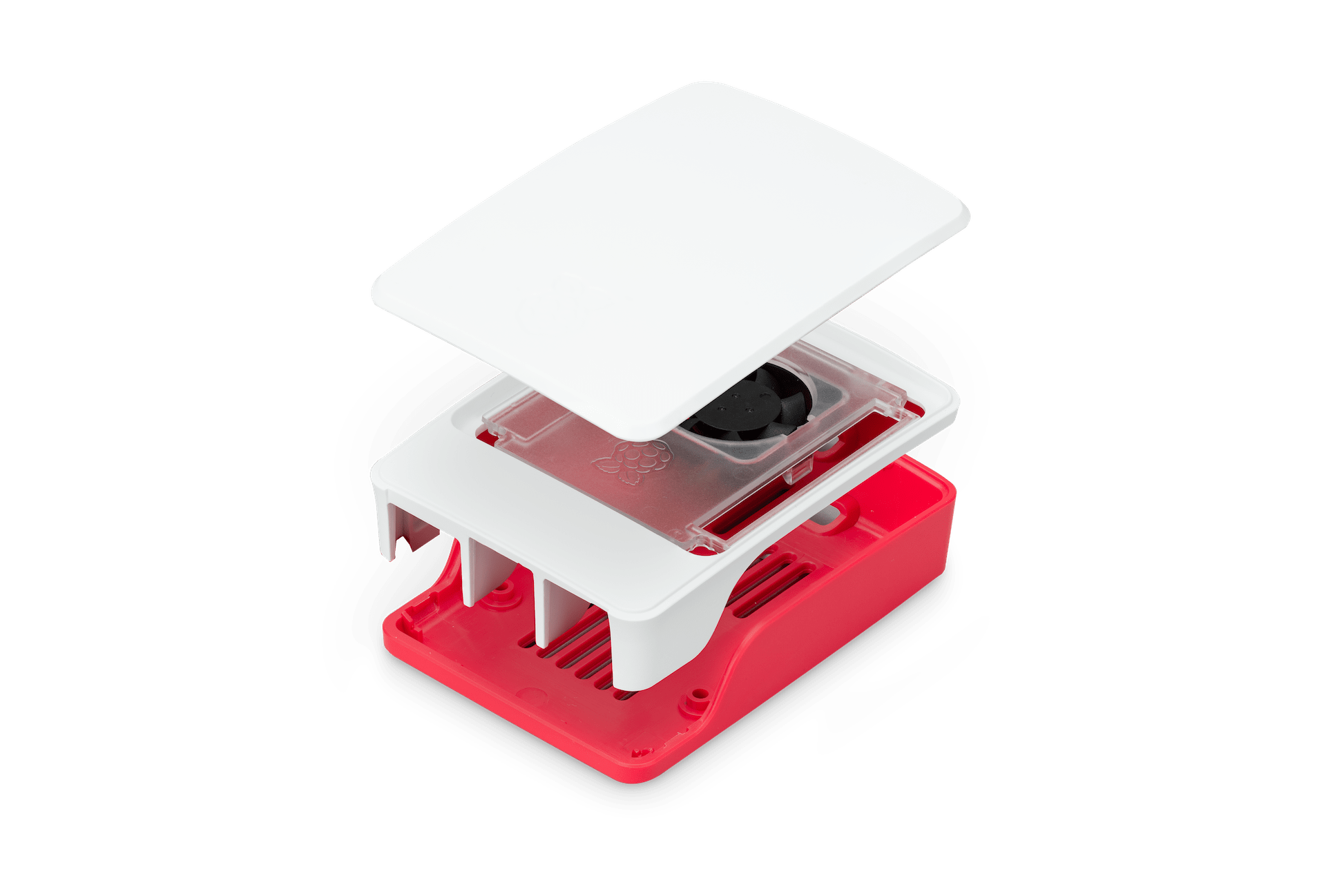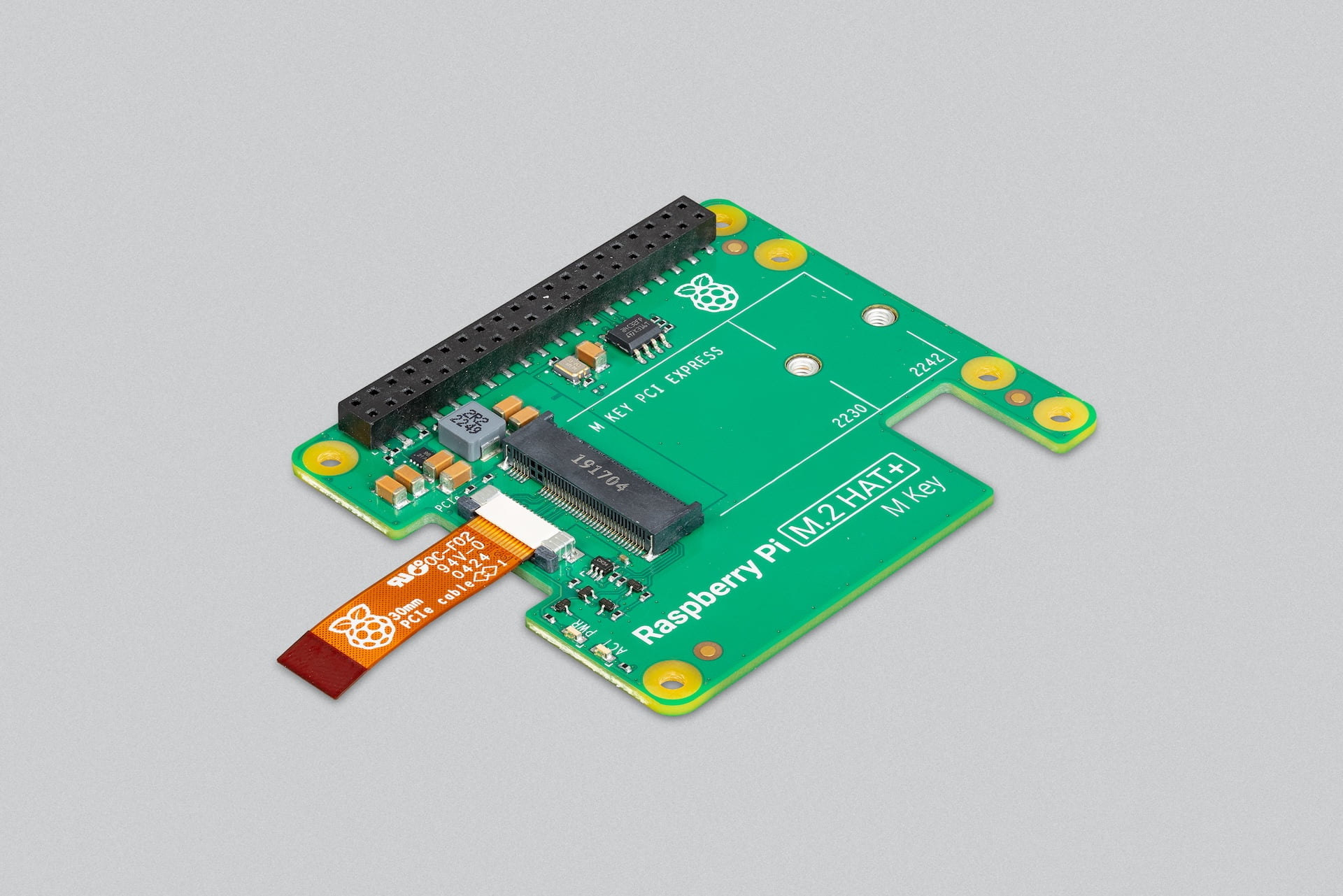Are you looking for the best remote IoT platform to manage your Raspberry Pi devices? You're not alone. With the growing popularity of IoT devices, managing and monitoring them remotely has become essential for both hobbyists and professionals. Raspberry Pi, a versatile single-board computer, plays a crucial role in IoT projects. But without the right platform, managing these devices can be challenging. In this article, we will explore the top remote IoT platforms that are compatible with Raspberry Pi, ensuring you have the tools you need to succeed.
The demand for remote IoT management solutions has skyrocketed as more businesses and individuals adopt IoT technologies. Whether you're managing a single Raspberry Pi or a fleet of devices, having a reliable platform is key to ensuring smooth operations. From remote access to real-time monitoring, the right platform can transform how you interact with your IoT devices. Let's dive into the world of remote IoT platforms and discover which ones stand out for Raspberry Pi users.
In this comprehensive guide, we will cover everything you need to know about remote IoT platforms, including their features, benefits, and how to choose the best one for your needs. By the end of this article, you'll have a clear understanding of the top platforms available and how they can help you maximize the potential of your Raspberry Pi projects.
Read also:The Viral Mask Girl Name Unveiling The Mystery Behind The Trend
Table of Contents
Introduction to Remote IoT Platforms
Remote IoT platforms are essential tools for managing and monitoring IoT devices, including Raspberry Pi, from anywhere in the world. These platforms provide a centralized interface for controlling devices, collecting data, and ensuring security. With the increasing complexity of IoT projects, remote management has become a necessity rather than a luxury.
The primary purpose of a remote IoT platform is to simplify the process of interacting with IoT devices. Whether you're a developer working on a smart home project or a business deploying IoT solutions at scale, these platforms offer features like remote access, data visualization, and real-time alerts. This ensures that you can stay connected to your devices and respond quickly to any issues that arise.
Why Raspberry Pi Needs a Remote IoT Platform
Raspberry Pi is a powerful and flexible device, but its capabilities are limited without proper management tools. A remote IoT platform enhances Raspberry Pi's functionality by providing:
- Remote Access: Access your Raspberry Pi from anywhere, even behind firewalls or NAT.
- Data Collection: Collect and analyze data from sensors and other connected devices.
- Security: Protect your devices with encryption, authentication, and secure communication protocols.
Key Features of a Remote IoT Platform
When evaluating remote IoT platforms for Raspberry Pi, it's important to consider the features that will best suit your needs. Below are some of the key features to look for:
1. Remote Device Management
Remote device management allows you to control and monitor your Raspberry Pi devices from a centralized dashboard. This feature is essential for managing multiple devices and ensuring they are functioning correctly.
2. Data Visualization
Data visualization tools help you make sense of the data collected from your IoT devices. Look for platforms that offer customizable dashboards, graphs, and charts to display your data in an easy-to-understand format.
Read also:Pinkjeart Movies A Comprehensive Guide To The Unique Film Genre
3. Security and Encryption
Security is a top priority when managing IoT devices. Ensure the platform you choose offers robust security features, such as end-to-end encryption, two-factor authentication, and secure communication protocols.
4. Scalability
As your IoT project grows, your platform should be able to scale with it. Look for platforms that can handle an increasing number of devices without compromising performance.
Top RemoteIoT Platforms for Raspberry Pi
Now that we've covered the key features to look for, let's explore the top remote IoT platforms for Raspberry Pi. Each platform has its own strengths and is suited for different types of projects.
Platform 1: RemoteIoT
RemoteIoT is a leading platform for managing Raspberry Pi devices remotely. It offers a wide range of features, including secure remote access, device monitoring, and real-time alerts.
Key Features of RemoteIoT
- Secure Remote Access: Access your Raspberry Pi devices securely, even behind firewalls or NAT.
- Real-Time Monitoring: Monitor device status and performance in real-time.
- Alerts and Notifications: Receive instant alerts for any issues or anomalies.
Why Choose RemoteIoT?
RemoteIoT stands out for its ease of use and robust security features. It is an excellent choice for both beginners and advanced users who need reliable remote access to their Raspberry Pi devices.
Platform 2: Balena
Balena is a popular platform for deploying and managing IoT applications on Raspberry Pi. It offers a cloud-based infrastructure for building, deploying, and managing containerized applications.
Key Features of Balena
- Containerization: Use Docker containers to deploy applications seamlessly.
- Over-the-Air Updates: Push updates to your Raspberry Pi devices remotely.
- Device Fleet Management: Manage multiple devices from a single dashboard.
Why Choose Balena?
Balena is ideal for developers who want to focus on building applications rather than managing infrastructure. Its containerization capabilities make it a powerful tool for IoT projects.
Platform 3: Ubidots
Ubidots is a user-friendly platform for building IoT dashboards and visualizing data from Raspberry Pi devices. It is particularly well-suited for projects that require real-time data analysis.
Key Features of Ubidots
- Data Visualization: Create customizable dashboards and graphs.
- API Integration: Integrate with third-party services and APIs.
- Alerts and Notifications: Set up triggers and notifications based on data thresholds.
Why Choose Ubidots?
Ubidots is perfect for users who prioritize data visualization and ease of use. Its intuitive interface makes it accessible for beginners while offering advanced features for experienced users.
Platform 4: ThingsBoard
ThingsBoard is an open-source platform for managing IoT devices, including Raspberry Pi. It offers a wide range of features, from device management to data visualization.
Key Features of ThingsBoard
- Open-Source: Customize the platform to meet your specific needs.
- Device Management: Manage devices and monitor their status in real-time.
- Data Analytics: Analyze data with advanced analytics tools.
Why Choose ThingsBoard?
ThingsBoard is an excellent choice for users who prefer open-source solutions. Its flexibility and scalability make it suitable for both small and large-scale projects.
Platform 5: Adafruit IO
Adafruit IO is a beginner-friendly platform for building IoT projects with Raspberry Pi. It offers a simple interface for collecting and visualizing data.
Key Features of Adafruit IO
- Data Feeds: Collect and store data from sensors and devices.
- Dashboards: Create custom dashboards to visualize your data.
- Integration: Integrate with other Adafruit products and services.
Why Choose Adafruit IO?
Adafruit IO is perfect for hobbyists and beginners who want to experiment with IoT projects. Its simplicity and integration with Adafruit hardware make it a great choice for small-scale projects.
How to Choose the Right Platform
Choosing the right remote IoT platform for your Raspberry Pi depends on several factors. Consider the following when making your decision:
- Project Requirements: Identify the specific needs of your project, such as remote access, data visualization, or scalability.
- Budget: Some platforms offer free tiers, while others require a subscription. Choose a platform that fits your budget.
- Security: Ensure the platform offers robust security features to protect your devices and data.
Conclusion
Finding the best remote IoT platform for Raspberry Pi can significantly enhance your IoT projects. Whether you're a hobbyist or a professional, the platforms discussed in this article offer a range of features to suit your needs. From RemoteIoT's secure access to Balena's containerization capabilities, each platform brings unique strengths to the table.
Take the time to evaluate your project requirements and choose a platform that aligns with your goals. Once you've selected the right platform, you'll be well-equipped to manage your Raspberry Pi devices effectively and unlock their full potential. Share your thoughts in the comments below or explore more articles on our site to continue your IoT journey!

